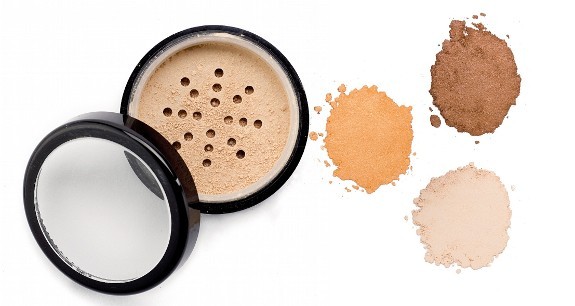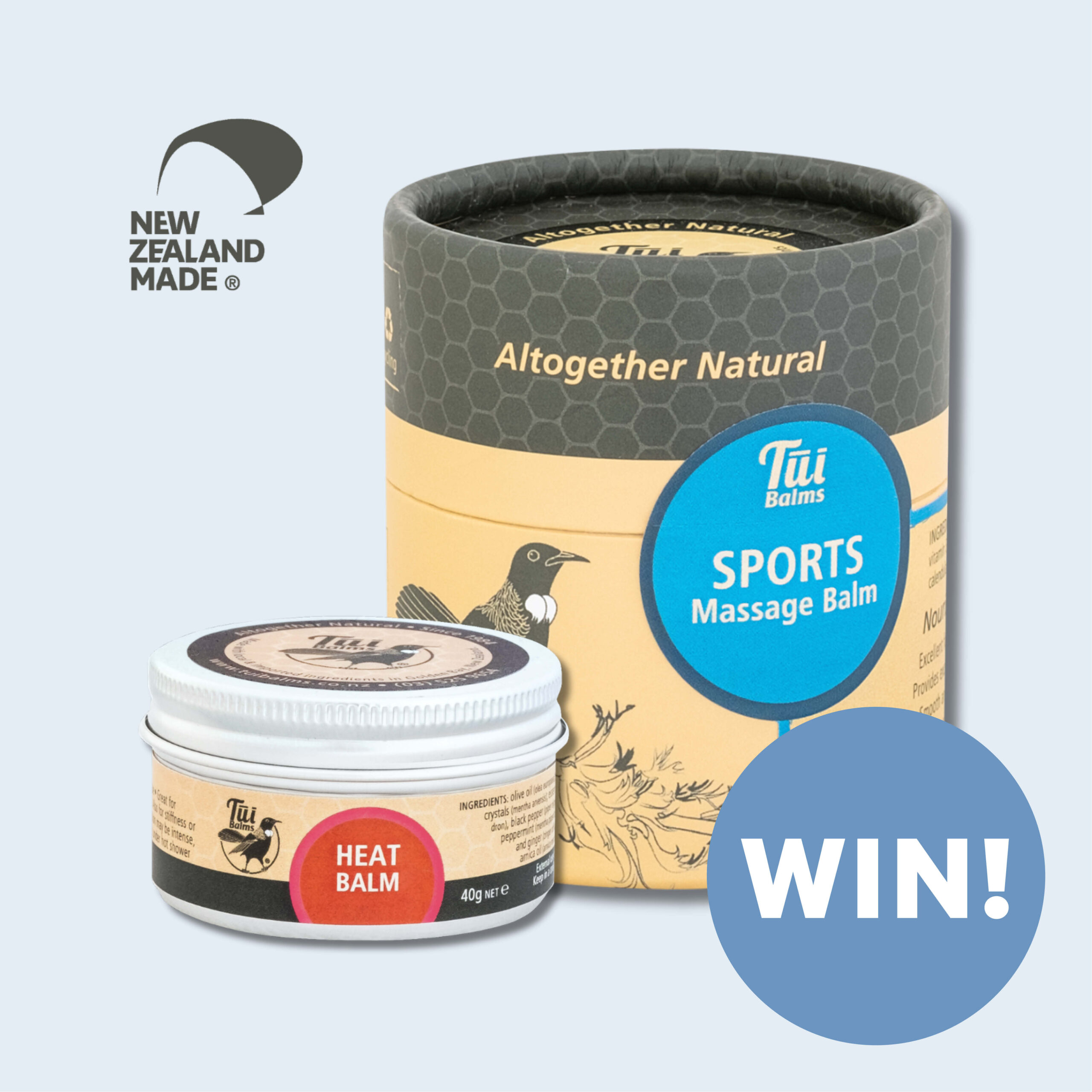Stay healthy and cheery with what’s in season, says Angus Allan

Oranges and lemons
Mid-winter is the perfect time to be making pots of sweet lemon honey or boiling up a batch of tangy marmalade. In days gone by, marmalade was sent to sea with sailors to provide essential protection from scurvy. Today, the pulp and peel in marmalade remain an excellent winter source of dietary fibre, vitamin A, vitamin C, calcium and iron.
Marmalade is made from the juice and peel of citrus fruit, boiled with sugar and water. Traditionally, marmalade was made using Seville oranges from Spain, which set well as they are higher in pectin than sweet oranges, though their peel has a distinctive bitter taste. But you can make marmalade from any combination you fancy of lemons, limes, grapefruit, mandarins and oranges.
Don’t have a garden with fruit trees? Look out for someone in your neighbourhood with a laden tree – they may happily swap their spare fruit for a jar or two of jam in return.
If you end up with more grapefruit or lemons than you know what to do with, simply juice and freeze them for later use. Use an ice tray to freeze lemon juice blocks for convenient use in cooking.

What’s in season?
Here’s a grab-bag of locally grown veggies that are plentiful in July and August:
broccoli, Brussels sprouts, cabbages, carrots, cauliflower, celery, garlic, ginger, kumara, leeks, mushrooms, onions, parsnips, potatoes, pumpkin, radishes, rhubarb, silverbeet, spinach, spring onions, swedes, watercress, yams. For a list to download and print, go to www.good.net.nz/seasonal
Buy more:
Kumara
A top winter veggie, loaded with vitamins and potassium and delicious cooked every which way: roasted, microwaved, mashed, added to soups and fritters or fried into chips. Kumara are harvested in Northland from February to April, then stored for a few months for curing. This process activates special enzymes that protect and sweeten the kumara, and seals in their natural moisture.
Buy less:
Strawberries
Stay clear of fresh strawberries in winter, as they’ll probably have been air-freighted from a long way away and won’t taste that good anyway. Where possible, avoid imported products; buying local is better for your wallet, our environment and our farmers.







